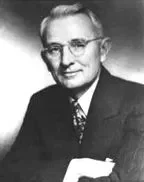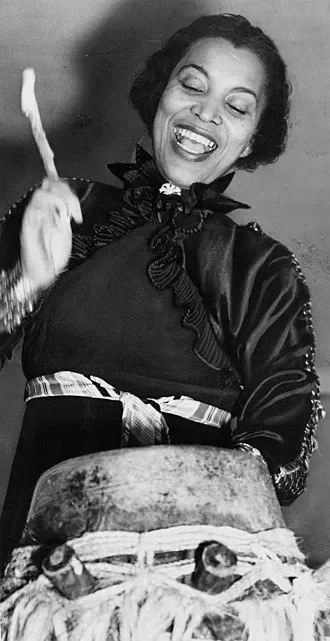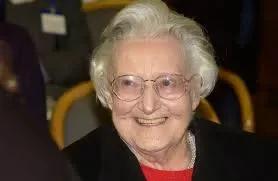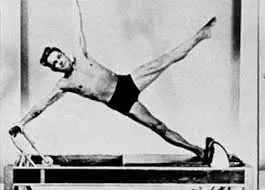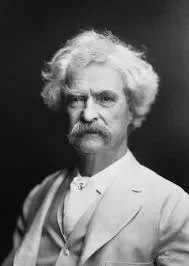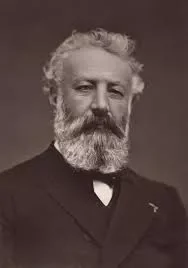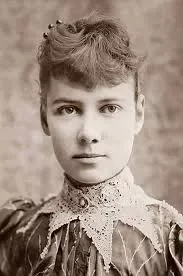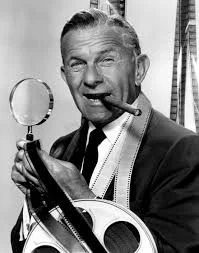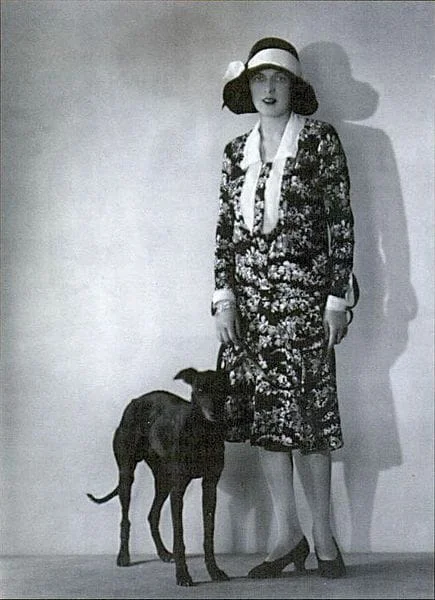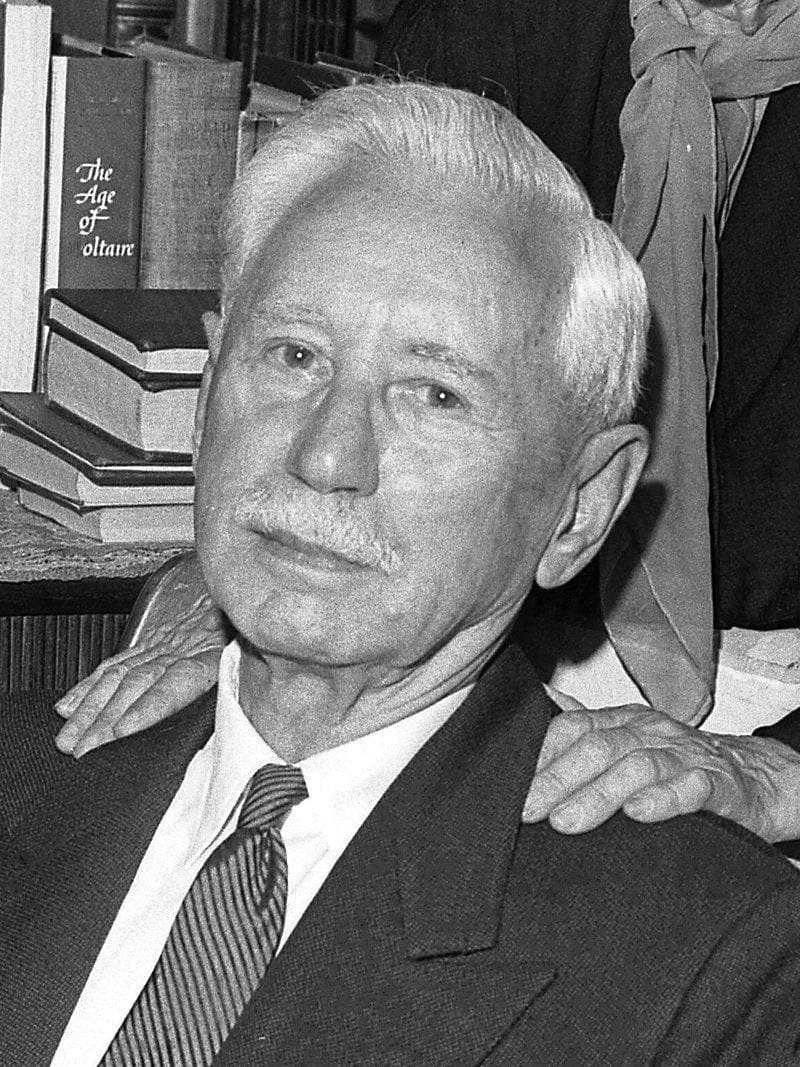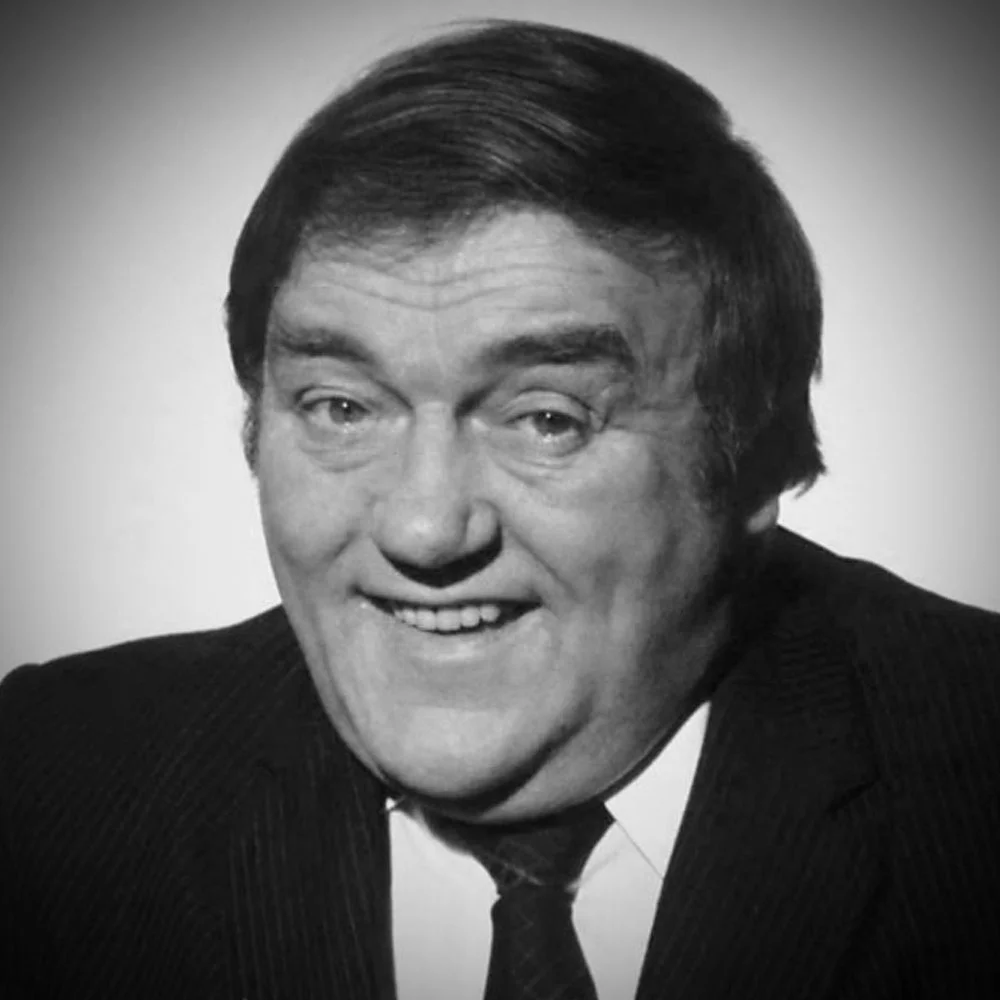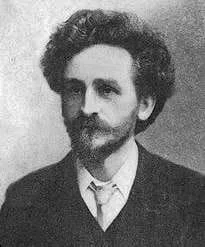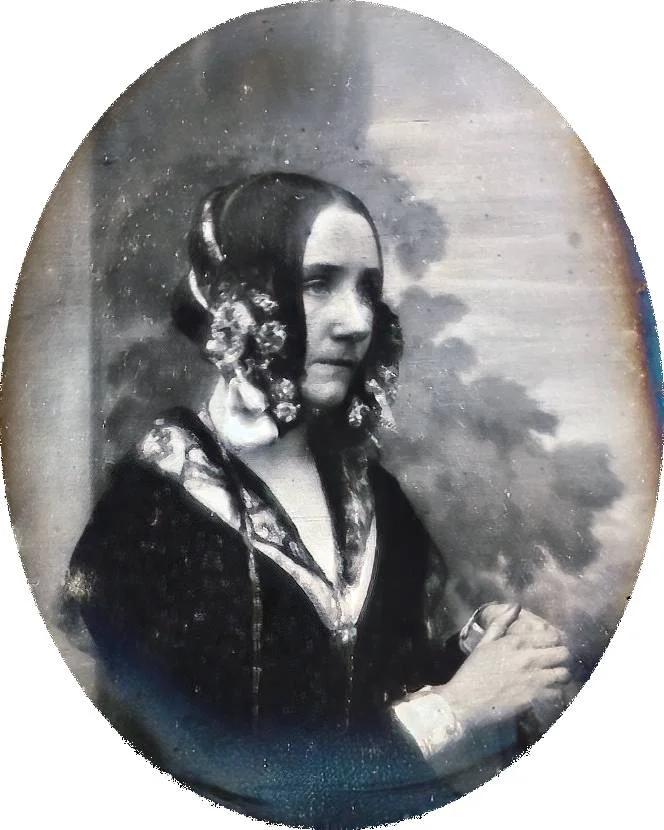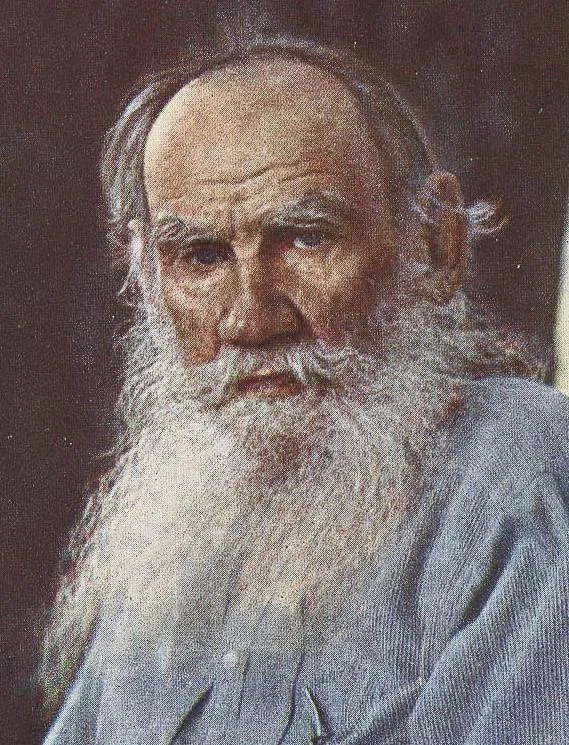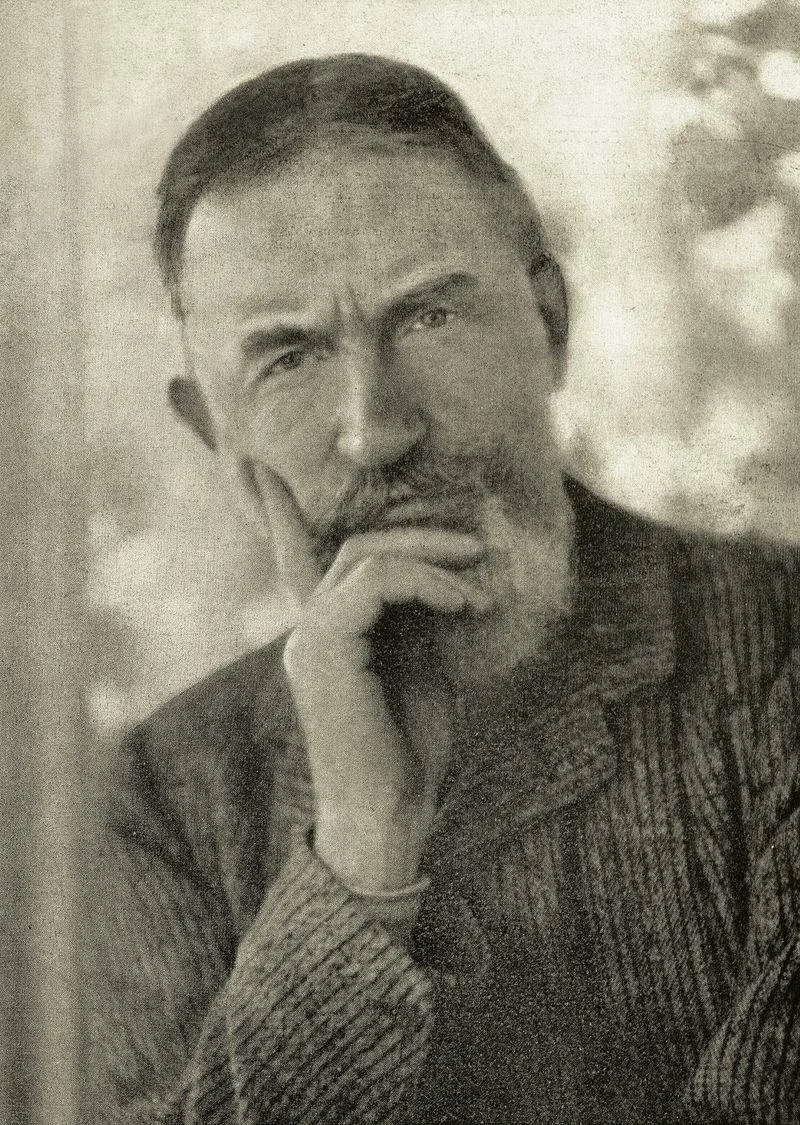Real Celebrities Never Die!
OR
Search For Past Celebrities Whose Birthday You Share
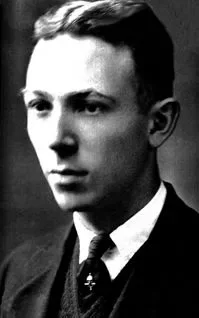
source:wikimedia.org
July 11, 1899
Birthday:
11 Jul, 1899
Date of Death:
01 Oct, 1985
Cause of death:
Alzheimer's diseaase
Nationality:
American
Famous As:
Writer
Age at the time of death:
86
E. B. White's Quote's
Early Life
In the world of American literature, few voices have been as enduring and beloved as that of E.B. White. A master of clarity, wit, and warmth, White crafted stories that have captivated generations of readers. Whether through the whimsical adventures of Stuart Little, the heartwarming friendship in Charlotte’s Web, or the precise wisdom of The Elements of Style, his influence on both children’s literature and the art of writing remains unparalleled.
Elwyn Brooks White was born in 1899 in Mount Vernon, New York, the youngest of six children in a lively, book-loving household. From an early age, he found solace in words, often scribbling stories and poems. Summers spent in the countryside ignited a love for nature, a theme that would later weave itself into his most cherished works. Though painfully shy, White possessed an irrepressible wit, a trait that would become a hallmark of his writing.
Education & Career
White’s academic journey led him to Cornell University, where he earned the affectionate nickname “Andy,” a tradition bestowed upon students with the last name White in honor of the university’s co-founder. There, he nurtured his passion for writing, contributing to the student newspaper and honing the concise, elegant prose that would define his career. Graduating in 1921, he embarked on a path familiar to many aspiring writers—odd jobs and freelance work—before finding his way to The New Yorker in 1927.
White’s tenure at The New Yorker marked the beginning of an era. As a writer and editor, he helped shape the magazine’s voice, blending humor, insight, and an uncanny ability to distill life’s complexities into simple, profound observations. His essays and columns became must-reads, offering reflections on everything from city life to the charm of rural America. But despite his success, White remained a deeply private man, drawn more to quiet contemplation than the literary limelight.
Though widely respected for his essays, White’s literary immortality was sealed with the publication of his children’s books. In 1945, he introduced Stuart Little, an endearing tale of a small but determined mouse-like boy navigating the world’s adventures. Seven years later, he delivered what many consider his magnum opus—Charlotte’s Web. Inspired by his own experiences on his farm in Maine, the story of Wilbur the pig and his devoted spider friend, Charlotte, became a masterpiece of storytelling, imbued with themes of friendship, sacrifice, and the beauty of life’s fleeting moments. The book was an instant success, earning praise for its gentle wisdom and emotional depth. To this day, it remains one of the most cherished children’s books of all time.
White also left an indelible mark on the craft of writing itself. In 1959, he revised and expanded The Elements of Style, a small but mighty guide originally penned by his former professor, William Strunk Jr. The book became an essential tool for writers, advocating for brevity, clarity, and precision. Decades later, it continues to shape how English is taught and written.
Personal Life
White was a shy man when it comes to women. But as shy as he was, White was involved in an affair with a married woman named Katherine Angell.
This affair led to the divorce of Angell’s marriage to her first husband. The duo later got married in 1929. The couple had a son together.
Legacy
Despite his literary fame, White was never one for grand accolades. He found his greatest joy in the simplicity of farm life in North Brooklin, Maine, where he lived with his wife, Katharine, a fellow editor at The New Yorker. There, he tended to his animals, observed the changing seasons, and wrote with the quiet grace that defined his work.
E.B. White passed away in 1985 at the age of 86, leaving behind a legacy not just of books, but of a way of writing—and a way of seeing the world—that remains as vital today as it was in his time. His words continue to resonate, teaching readers young and old that language, when used with care and heart, has the power to illuminate, to comfort, and to endure.
Name:
E. B. White
Popular Name:
July 11, 1899
Gender:
Male
Cause of Death:
Alzheimer's diseaase
Spouse:
Place of Birth:
Mount Vernon, New York, U.S.
Place of Death:
Brooklin, Maine, U.S.
Occupation / Profession:
Personality Type
Mediator: Poetic, kind and altruistic people, always eager to help a good cause. E.B. White was an introvert who tried his best to avoid any publicity. He was also a procrastinator who delayed getting things done.
He published an obituary for his dog, Daisy, in The New Yorker
He was an avid sailor.
He was a procrastinator.
He would hide on the fire escape when unexpected visitors came to visit him in the office
White’s book, Charlotte Web, is widely regarded as the best children’s book of all time.
He received the Presidential Medal of Freedom in 1963
He won the Laura Ingalls Wilder Award in 1970
He won the L. L. Winship/PEN New England Award for Letters of E.B. White in 1977
He won the Newbery Honor for Charlotte’s Web in 1953
White received the Pulitzer Prize Special Citation for Letters in 1978
White won the American Academy of Arts and Letters Gold Medal in 1960
White won the National Medal for Literature in 1971

